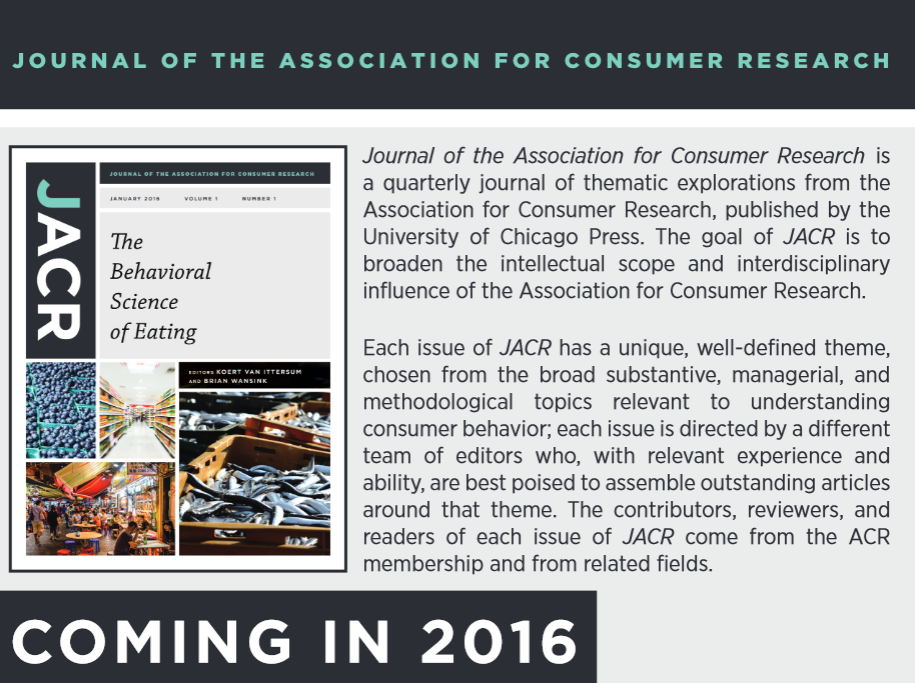In a world increasingly defined by the sharing economy, where communal access to products takes precedence over ownership, a new article by Taiyang Zhao (Jilin University) et al. (2023) sheds light on the unexpected consequences of this trend. Titled “Shared but Unhappy,” the research explores the detrimental effects of using shared products on psychological ownership and consumer happiness.
The findings, derived from three experimental studies, reveal a stark contrast between using owned products and shared products. Consumers experience greater psychological ownership deprivation and lower happiness when using shared products. This is particularly relevant for certain consumer groups, such as materialistic consumers and those facing perceived financial constraints. In conclusion, the study underlines the importance of considering psychological ownership and consumer happiness in the ongoing discourse around shared products.
You can read more about the research of Zhao et al. (2023) here.


